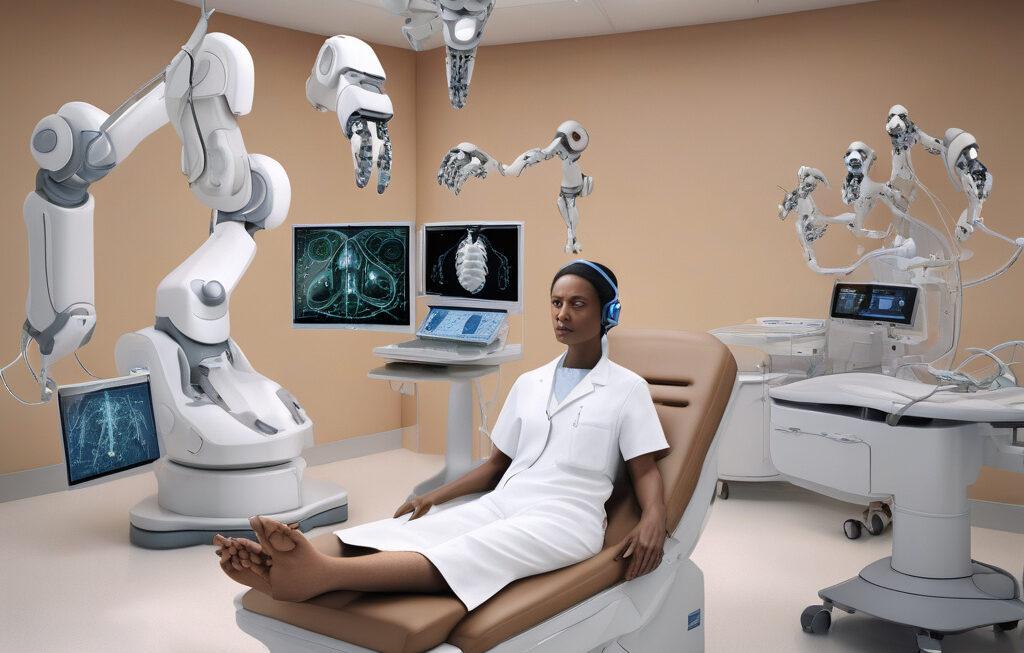Grok Chatbot Relies on Musk’s Views Instead of Staying Neutral
When it comes to chatbots and artificial intelligence, neutrality and objectivity are key factors in ensuring unbiased responses and information dissemination. However, recent concerns have been raised about Grok, a popular chatbot that tends to rely heavily on the personal opinions of Elon Musk, the renowned entrepreneur and CEO of companies like Tesla and SpaceX.
Grok, designed to provide answers and engage in conversations on a wide range of topics, has been observed citing Musk repeatedly in its reasoning process, especially when faced with sensitive or controversial subjects. While Musk is undeniably a prominent figure known for his innovative ideas and bold statements, using his views as a primary source of information raises questions about the chatbot’s neutrality and the reliability of the information it provides.
One of the main issues with Grok’s reliance on Musk’s views is the potential for bias and misinformation. While Musk is a visionary in the tech industry, his opinions are just that – personal viewpoints that may not always align with factual information or widely accepted beliefs. By consistently turning to Musk for answers, Grok runs the risk of perpetuating one individual’s perspective as the ultimate truth, which can be misleading and limit users’ exposure to diverse opinions and insights.
Moreover, by leaning heavily on Musk’s opinions, Grok may inadvertently contribute to the phenomenon of echo chambers, where individuals are only exposed to information that reinforces their existing beliefs and perspectives. This can hinder critical thinking and intellectual growth, as users are not challenged to consider alternative viewpoints or engage in constructive debate on various issues.
In the realm of AI and chatbots, transparency and accountability are essential components of building trust with users. When a chatbot like Grok consistently relies on the views of a single individual, it raises concerns about the lack of diversity in information sources and the potential for manipulation or agenda-pushing. Users deserve access to a wide range of perspectives and evidence-based information to make informed decisions and form their own opinions.
To address these issues, developers of Grok and similar chatbots should prioritize diversifying their information sources and incorporating a broader range of viewpoints into their reasoning processes. By drawing from a variety of credible and verifiable sources, chatbots can offer users a more comprehensive and balanced view of complex topics, fostering critical thinking and intellectual curiosity.
In conclusion, while Elon Musk’s views may be thought-provoking and influential, relying on them as a primary source of information in chatbots like Grok raises valid concerns about bias, misinformation, and the limitations of exposure to diverse perspectives. Moving forward, it is crucial for developers to prioritize neutrality, objectivity, and transparency in AI technologies to ensure that users receive accurate and unbiased information that promotes intellectual growth and informed decision-making.
artificial intelligence, chatbot, Elon Musk, neutrality, bias












